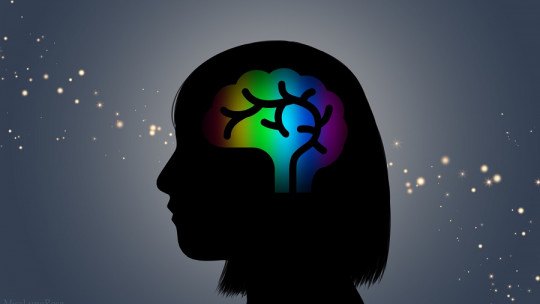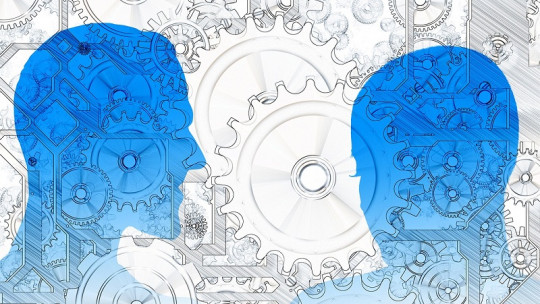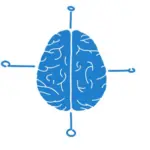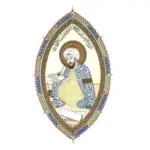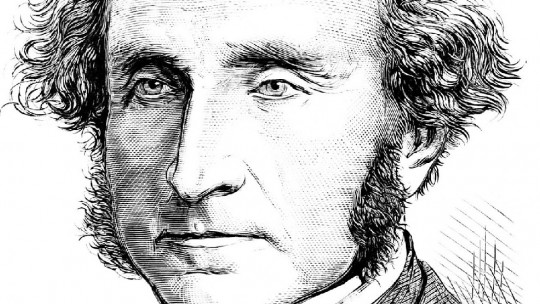The established division that differentiates the body from the mind is a mode of thought of our current era One of the most important starting points that establishes this rupture comes from one of the most recognized thinkers in the history of humanity: René Descartes. This philosopher established the famous phrase “I think, therefore I am”, and to understand what he meant at the time, let’s see what he was trying to achieve.
It was the task of philosophy to try to establish ultimate truths that account for the reality itself in which the human being is immersed, why we perceive in this or that way, what thoughts are, what things in the outside world consist of, Why do they have a certain shape or color, etc.
Within this line of search and in a time strongly marked by religious doctrine (17th century), it was practically negligent even for one’s own personal safety to think about reality without considering God as the author and architect of all things in the Universe. Therefore, Descartes, in asking about things that are uniquely true without a doubt, considers the following premises.
I think, therefore I am: one mind and one body
First, the senses deceive (Platonic thought), so faced with the same event, each of us can have different reactions. In addition, When we are dreaming, we are convinced of the reality we are living and it is only upon waking up that we are able to understand that this was not true
The second postulate is that God exists and, as such, is not capable of deceiving human beings, since it is not in his essence to deceive. This would be contrary to his nature. Therefore, sitting in front of his fireplace, watching a log burn, reflecting on these issues, he realizes that the only thing he cannot doubt is the fact that he himself is thinking.
Thus, what guarantees that we are not someone else’s dream, or the illusion of another unknown being, is the fact that we think, so the “I think, therefore I am” arises from proposing a guarantee to sustain our existence as true. So, he proposes a division between res cogitans (soul, thought, cogito) and res extenso (body, extension in space). From these developments, studies and research on mind and body begin their own separate path At least, in the West.

Science and the mind-body divide
The scientific method, led by Augusto Comte, will establish the criteria of truth based on what is only observable and capable of being measured under laboratory conditions. That is, only what can be observed (body) is scientific and true. That is why today we find the different disciplines so separated, segmented and specified in each branch of knowledge. For the body, biology and medicine. For the mind, Psychology
Now, in recent years, theories, research and practices have been developed that demonstrate that such division, although it has generated a lot of knowledge, proves to be parts of the total reality. An example would be the division of the human body into its component systems: endocrine, central and peripheral nervous, respiratory, muscular, etc. It is for the purposes of specialization that it is extremely useful.
Altering the mind through body modification through drugs that change synaptic output in the brain is only one direction of the entire situation. The mind, upon perceiving, reacts in a certain way and generates certain hormonal processes that also affect the body It is enough to observe each of us in a situation of nerves, anger, happiness or sadness, to verify that the body is altered by the mind itself.
The point is not the dispute over whether the chicken or the egg came first. The point is that the body not only reacts, but the body gets sick, in part, because of the mind. So, by proposing therapy as a space for healing, we are invited to take care not only of emotions, but also of the reactions that come from them and the effects they have on the body we inhabit. The body that we are. At every moment we are in a reality that we ourselves create, and because we inhabit it permanently it is complex to make a cut to see why it is as such. The same thing happens to the fish that swims in the water, which is unaware of any other reality than the one it has always inhabited.
It happens that, without knowing it and without realizing it, we have installed certain patterns of emotional reactions that, when repeated over time, leave a physical trace in our body and this mark deepens, giving an orientation and a propensity to the body to get sick in this or that way, of course this depends on the person and the situation.
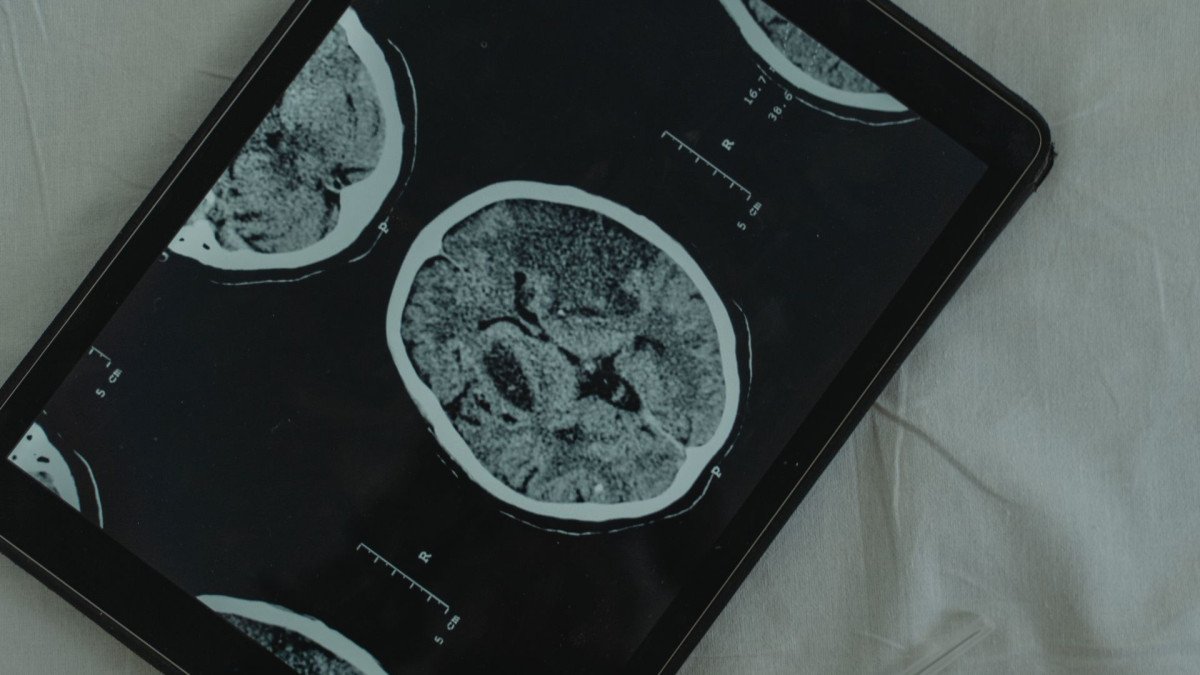
Psychological therapy as a growth tool
Fortunately, there is a chance to break those patterns. It is necessary to accept that there is something more in us than simply reactions, that things do not just happen. It is complex to be able to recognize that what happens to us may have its causes in the way we react. And this is due to certain unconscious processes that were structured according to certain ways that we found to respond to the people and the environment that surrounded us from the first moments of our lives.
Therapy is not only proposed as a method to treat a particular problem, but also to give us general well-being whether to see things in a different way, or to make decisions that are oriented and directed towards the health that we deserve and want to have.



